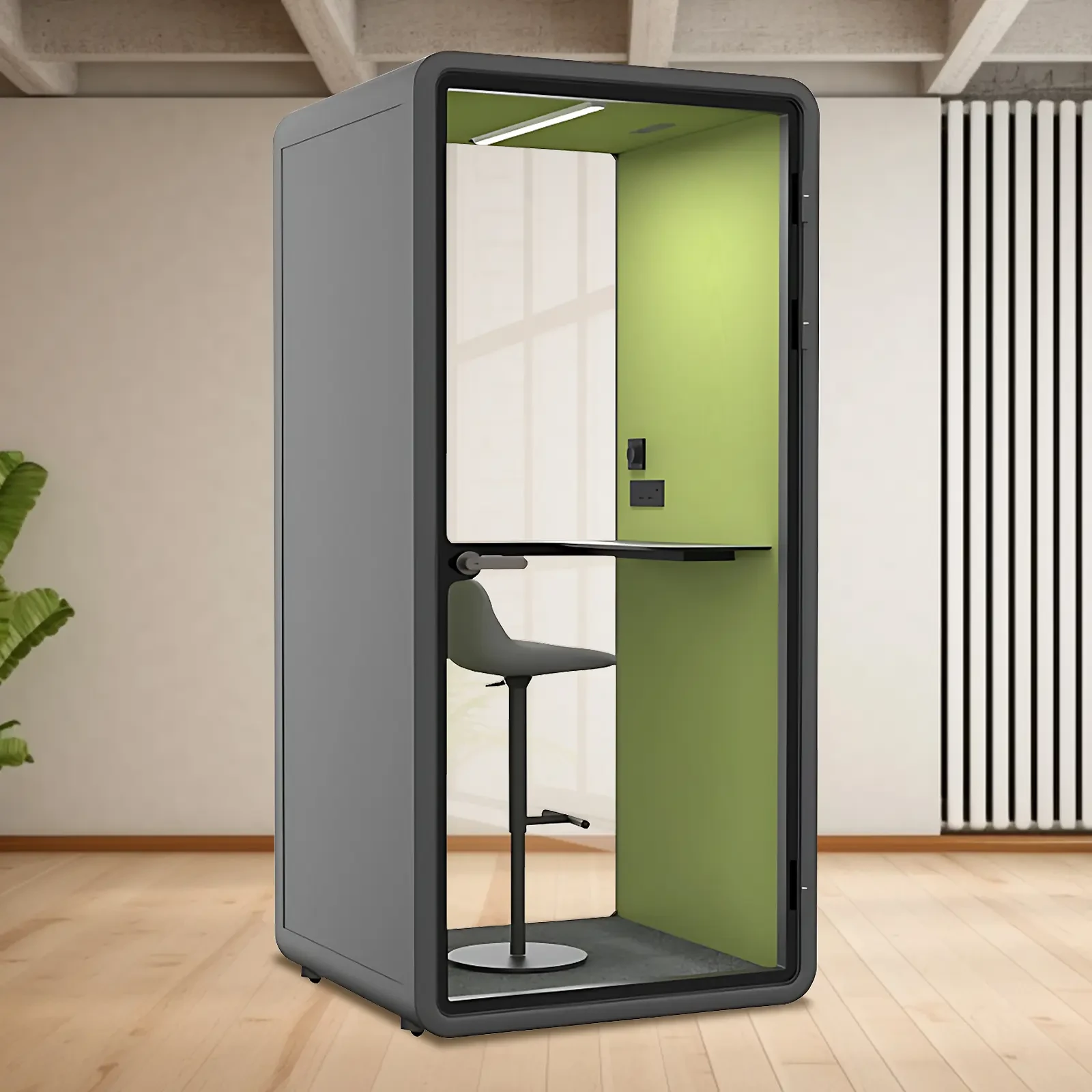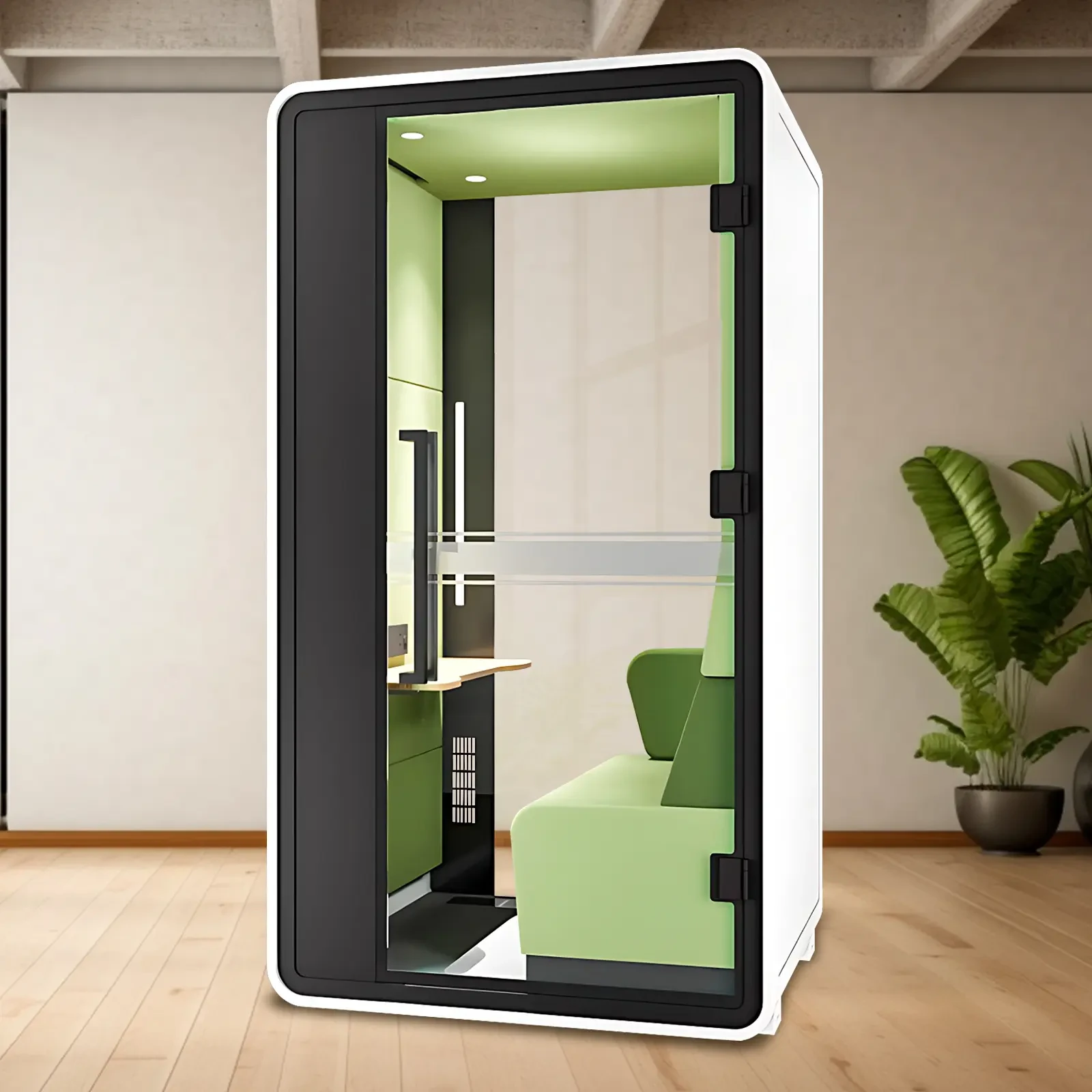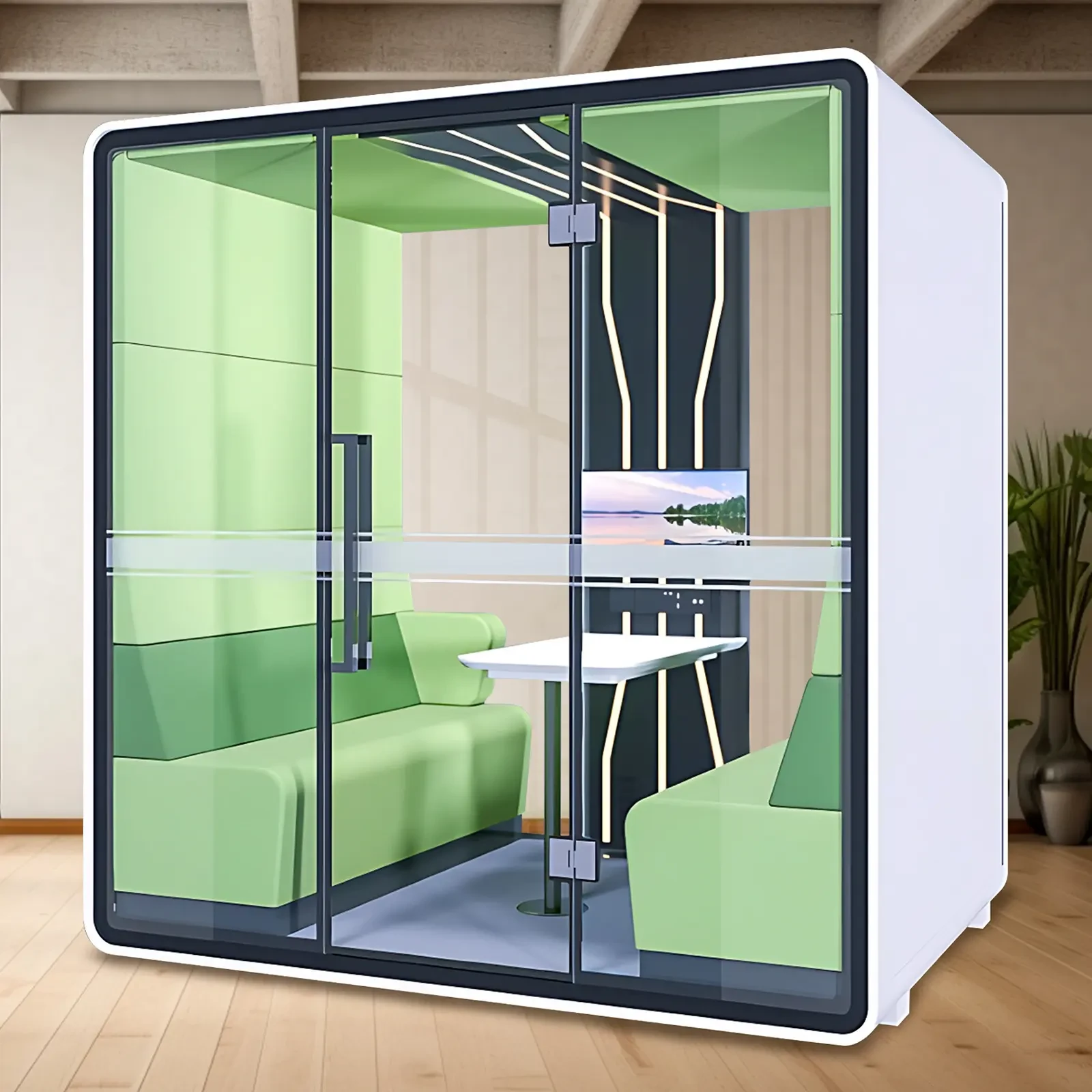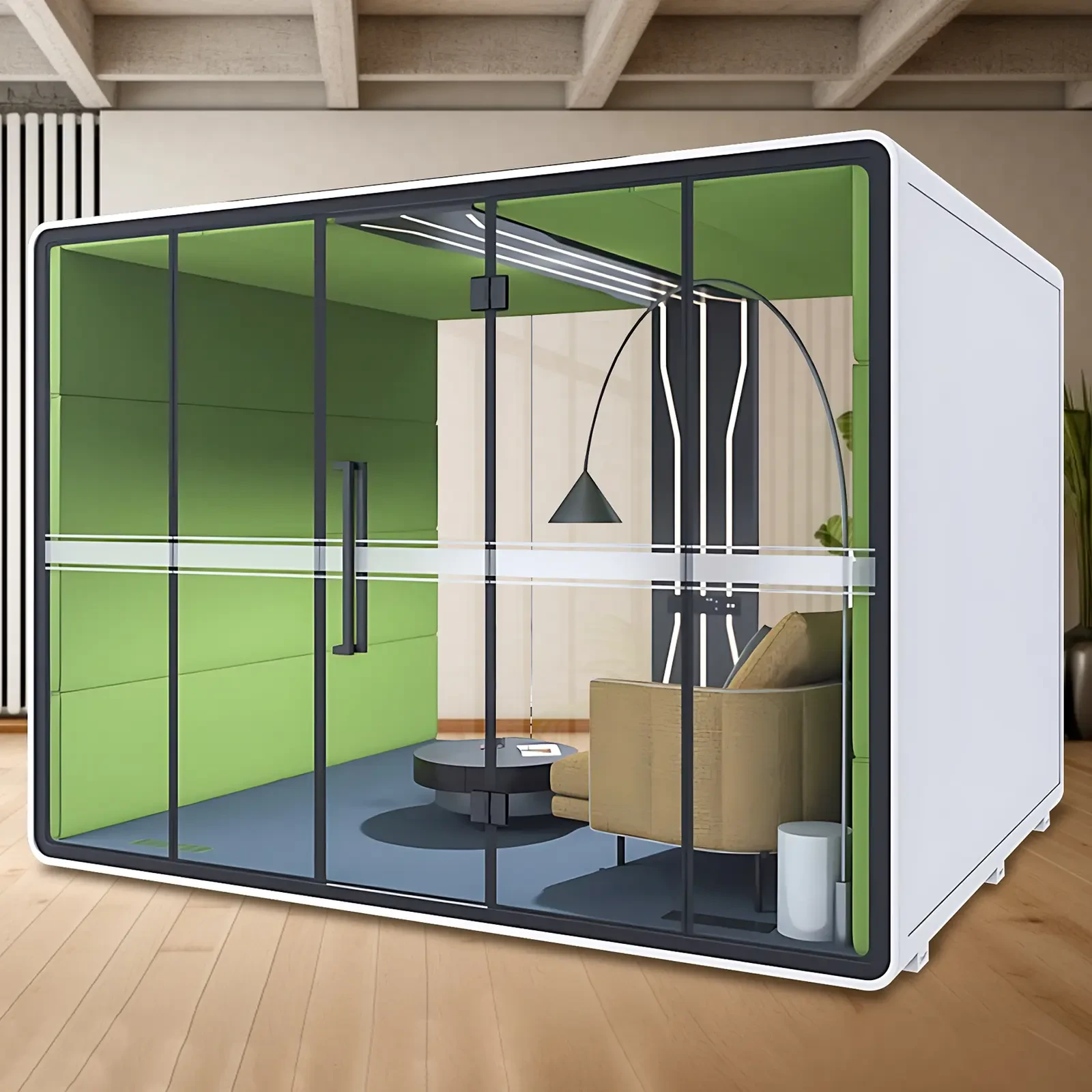What are the hazards of environmental noise?
(1) Interference with rest and sleep, affecting work: Studies have found that only 40-50dB of relatively light noise can affect people's sleep. A sudden noise of 40dB can wake up 10% of people, and when the sudden noise reaches 60dB, 70% of people will be woken up. Long-term interference with sleep by environmental noise can cause insomnia, fatigue, memory loss, and even neurasthenia syndrome, which can seriously affect normal work.
(2) Noise-induced deafness: The impact of noise on the auditory system is related to the intensity of the noise and the length of exposure to the noise. The noise intensity and exposure time together constitute the noise exposure dose, which determines the magnitude of the impact of noise on the auditory system. Generally speaking, noise below 85dB will not harm hearing, while noise above 85dB may damage hearing. Studies have shown that the incidence of deafness is significantly increased in people who work in a noise environment above 90dB for a long time.
(3) Others: Damage to the cardiovascular system. Long-term exposure to noise increases adrenaline production, leading to elevated blood pressure. People exposed to an average noise level of 70dB for extended periods of time have a 30% increased risk of myocardial infarction, with nighttime noise increasing the risk even more. High-noise work environments can cause dizziness, headaches, insomnia, frequent dreams, general fatigue, memory loss, fear, irritability, low self-esteem, and even mental disorder. Women exposed to noise can also experience sexual dysfunction, menstrual disorders, and increased miscarriage rates.
What are the effects of noise on hearing?
The effects of noise on the auditory system are complex and diverse: Low-intensity noise can disrupt communication, work, and rest without causing temporary or permanent hearing damage. Higher-intensity noise can cause temporary hearing loss. When noise intensity exceeds a critical level, it can cause permanent and irreversible damage to the auditory system, even damaging the central auditory system. Hearing loss caused by noise is related to the noise intensity, the duration and frequency of exposure, and the nature of the noise. Generally speaking, noise intensity is positively correlated with hearing loss. The greater the intensity, the more severe the hearing loss. The longer the exposure and the more frequent the exposure, the more severe the hearing loss. High-frequency noise is more damaging to hearing than low-frequency noise, narrowband noise is more harmful than broadband noise, and impulse noise is more harmful than continuous noise. Noise-induced hearing loss primarily manifests as temporary threshold shifts, permanent threshold shifts, and acoustic trauma.
How does noise affect people's lives and studies?
In our daily lives, we may have noticed many people complaining that it's difficult to find a quiet place in modern cities and that it's no longer possible to "turn a deaf ear to the world outside." This is indeed the reality. While we enjoy the benefits of technology, we also have to contend with its byproduct: noise. Problems that were rare 20 years ago, such as insomnia, neurasthenia, and psychological disorders, now plague many people. While this is largely related to the stress of life, work, and study, the role of noise cannot be ignored.
The degree to which noise interferes with sleep varies depending on the characteristics of the noise source. For example, at 40dBA, both continuous and pulsed noise at the same level have minimal impact on people, disrupting only about 10% of people's sleep. However, at 65dBA, 40% of people will feel the effects of continuous noise, while 80% will be awakened by pulsed noise at the same level. Therefore, the louder the noise, the greater the disruption to sleep. At the same sound level, pulsed noise has a far greater impact on sleep than continuous noise.
Ubiquitous noise causes us considerable trouble. It can not only cause hearing loss but also disrupt rest and sleep. Over time, it can lead to insomnia, tinnitus, frequent dreams, fatigue, memory loss, and difficulty concentrating, thus affecting our quality of life, reducing work and study efficiency, and increasing the risk of occupational injuries and accidents.
What are the impacts of noise on the ecological environment?
With the development of industrial production, transportation, and urban construction, as well as increasing population density and the proliferation of household appliances (such as stereos, air conditioners, and televisions), environmental noise has become increasingly severe, becoming a major public health hazard. Since the Industrial Revolution, the creation and use of various mechanical devices have brought prosperity and progress to humanity, but at the same time, they have also generated increasing amounts of noise, and increasingly intense noise. Noise pollution can be categorized based on the mechanical characteristics of the source: noise generated by gas disturbance, noise generated by solid vibration, noise generated by liquid impact, and electromagnetic noise generated by electromagnetic interaction. Because noise is a sensory hazard, it differs from other types of pollution caused by harmful or toxic substances. First, it contains no pollutants; that is, when noise propagates through the air, it leaves no toxic substances in the surrounding environment. Second, its environmental impact is non-accumulative and non-lasting, and its propagation distance is limited. Noise sources are dispersed, and once the source ceases, the noise disappears. Therefore, noise cannot be centrally addressed and requires specialized control methods. Noise is characterized by localization, temporary nature, and frequency.

 USD
USD
 GBP
GBP
 EUR
EUR






